
Ophelia Akoto
Ophelia Delali A. Akoto is a Ph.D. candidate in Social Policy. Her research interests include Women’s Economic and Labor Force Development, STEM Education Policy Research, and Child Safety and Protection. She brings a strong interdisciplinary foundation to her work, holding a BA in Business Management and Entrepreneurship from Henderson State University, an MBA from the University of Central Arkansas, and a Master of Public Service from the University of Arkansas Clinton School of Public Service.
During her time at the Heller School, Ophelia has contributed to international development projects, including an education initiative with USAID and gender strengthening and resilience programs with Catholic Relief Services (CRS).
Prior to joining the Heller School, Ophelia worked as a research and evaluation fellow at Vital Voices Global Partnership in Washington, D.C., where she examined the impact of COVID-19 on women across the organization’s global network. She also served as a researcher for the Newport Economic Development Committee, where she investigated barriers preventing women from participating in the local labor force in Newport, Arkansas.
Adept in program development and field research across multiple sectors, Ophelia’s expertise lies in research, data analysis, and policy evaluation. She is committed to applying evidence-based, community-informed policy solutions that create meaningful and sustainable impact.

Dillon Belmont
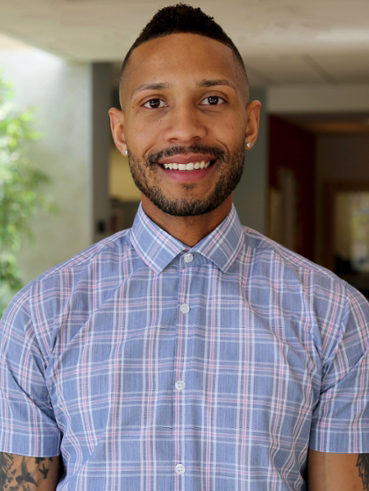
Aaron D. Camp
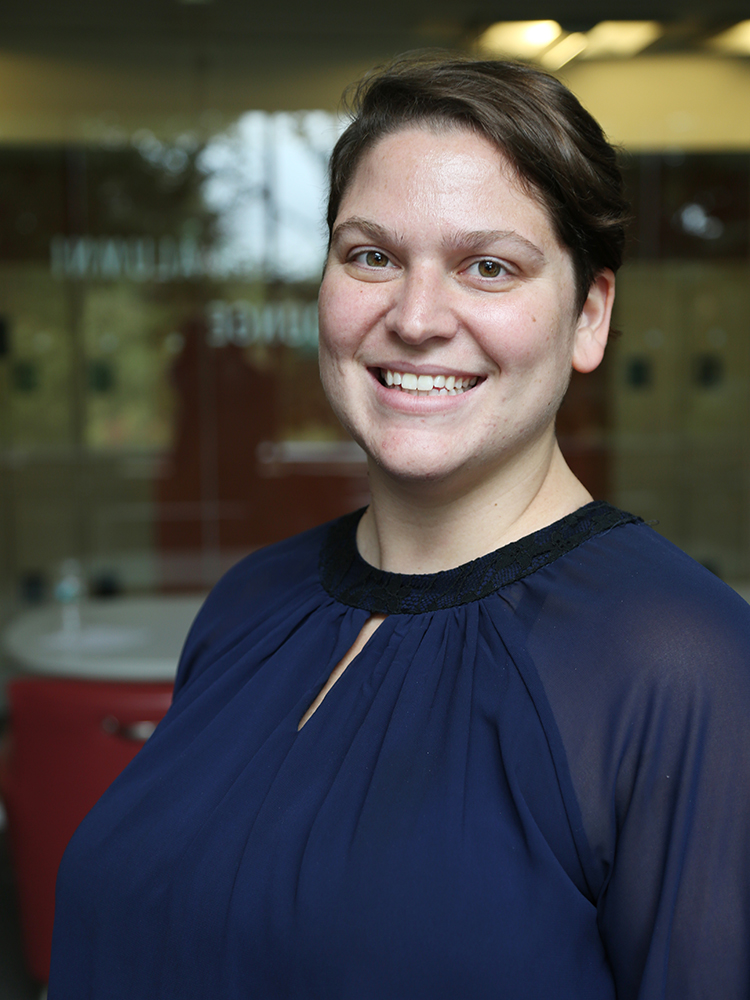
Kaitie Chakoian-Lifvergren
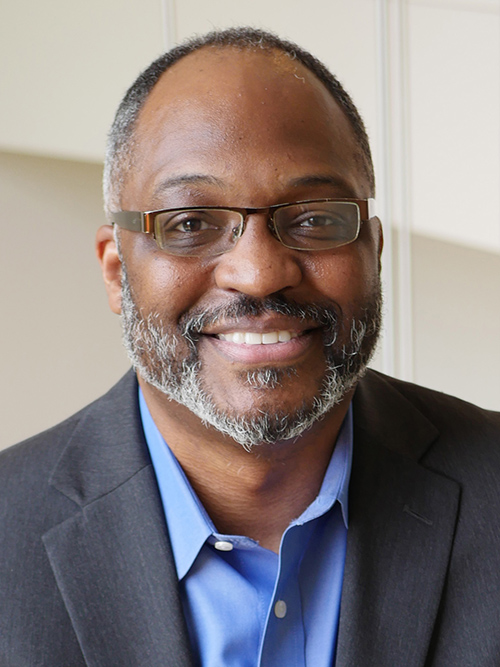
Quentin Cox
Quentin Cox is a doctoral candidate in the Economic and Racial Equity concentration at the Heller School. He earned a Master of Divinity with a concentration in Religion and Economic Justice from Vanderbilt University Divinity School and a Bachelor of Science in Management from the United States Air Force Academy. Prior to joining the Heller School, Quentin served as the Project Director of Lilly Endowment’s Thriving Congregations Initiative at American Baptist College. His research interests focus on how historically Black institutions like the Black church and Historically Black Colleges and Universities can create systemic solutions for America’s racial wealth gap.
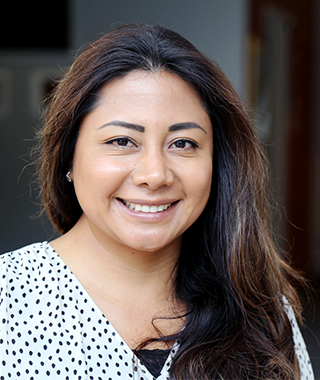
Fernanda Escobar

Sarah Goldberg
Sarah is a PhD student in Social Policy with a concentration in Economic and Racial Equity at the Heller School. Her work examines how algorithmic bias, gender-based discrimination, and inequities embedded in technological design influence social outcomes and perpetuate systemic inequality. She holds a Master of Public Policy from the Heller School, where her research centered on dismantling gender bias in AI systems and promoting inclusive and accountable tech policy. Sarah currently serves on the advisory board of the Racial Justice x Tech Policy (RJxTP) initiative at Brandeis, where she helps guide the development of anti-racist, human-centered technology policy. Prior to her graduate studies, Sarah cultivated an international career in education and tax law. After earning her undergraduate degree from the School of the Art Institute of Chicago, she spent several years teaching before transitioning into international tax law in Zurich, Switzerland. There, she was Director of a Swiss-based tax and accounting firm, which advised multinational clients on cross-border compliance and corporate governance.
Upon returning to the U.S., she worked in corporate tax law in Boston, further honing her expertise in global regulatory systems and policy. Sarah is deeply committed to advancing transparency and
public oversight as essential principles for building ethical and responsible AI systems. She is a vocal advocate for equity-driven policy solutions that ensure AI and emerging technologies benefit the public, not just drive technological progress.
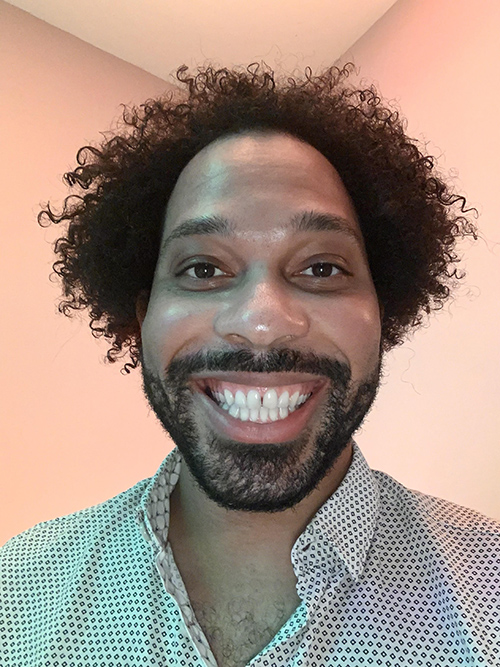
Anthony Grant
Anthony Grant is a PhD candidate in Social Policy with a concentration in Economic and Racial Equity in The Heller School for Social Policy and Management at Brandeis University. He received a Master of Science in Social Justice from Fisk University and a Bachelor of Arts in History with a concentration in U.S. History from Syracuse University. Prior to Brandeis, Anthony worked college admissions counseling for nearly 15 years at colleges such as Syracuse University and University of Richmond, and read applications at UC Berkeley and Georgia Tech. He most recently served as the inaugural College and Career Coach at Walter Payton College Preparatory High School in Chicago, IL.
Anthony’s primary research interest is focused on how intraracial xenophobia manifests in the U.S. between African American, Caribbean, and African people. His secondary research interests include the relationships between organizational policies and practices and the impact they have on marginalized people, and social behavior related to COVID-19 and the long-term impact of COVID-19 on marginalized communities.
Anthony’s been the recipient of numerous fellowships to support his PhD education and research by the following organizations: (1) Brandeis University, Latin American, Caribbean, and Latinx Studies program; (2) Brandeis University, Samuels Center for Community Partnerships and Civic Transformation; (3) University of Virginia, Mary and David Harrison Institute for American History, Literature, and Culture; (4) The New York Public Library, Schomburg Center for Research in Black Culture; (5) George Mason University, Meractus Center; (6) Emory University, Stuart A Rose Manuscript, and Rare Book Library; (7) Arts Jamaica.
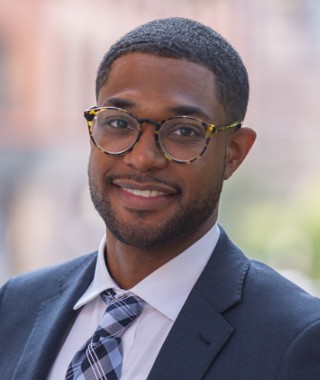
Zachary Hylton
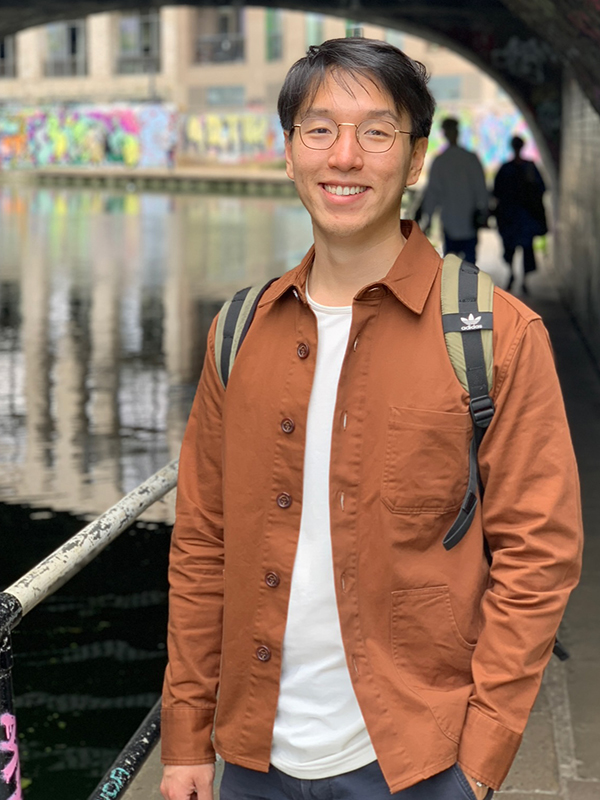
Jonathan Jacob
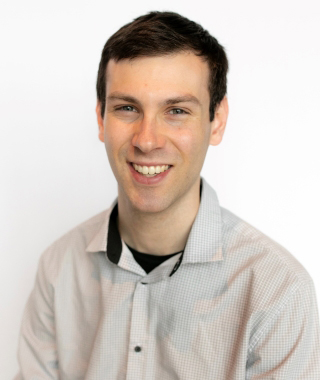
Daniel Nussbaum
Daniel Nussbaum is a PhD student in the Heller School with an Economic and Racial Equity concentration. He is a Research Associate at the Cohen Center for Modern Jewish Studies and the Steinhardt Social Research Institute at Brandeis University. In his work, he handles project and data management for local Jewish community studies and the American Jewish Population Project. His research produces reliable data that help Jewish communities make well-informed policy decisions. His research interests include socio-demography, intergroup processes, and survey methodology. He earned a Master of Public Policy from the Heller School and an MA in Jewish Professional Leadership from Brandeis University in 2020. He has a BS in Psychology from the University of Massachusetts Amherst.
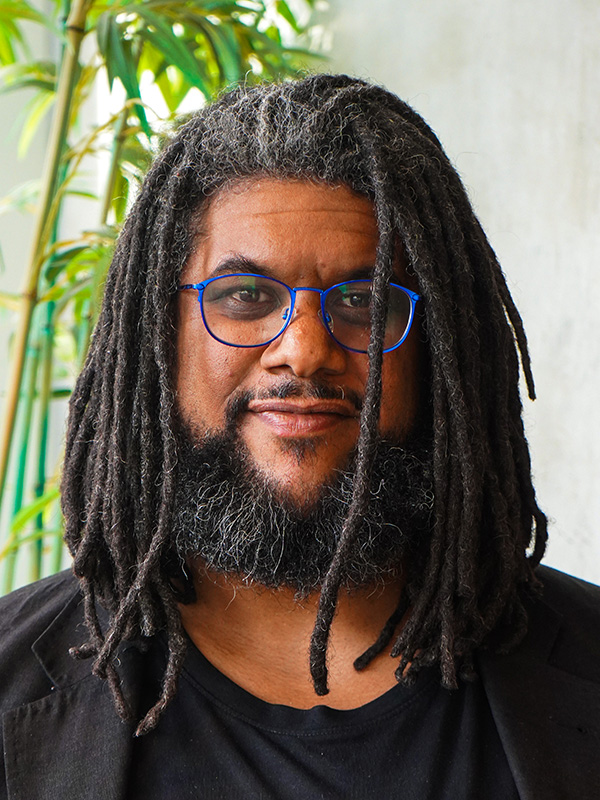
Jordan Berg Powers
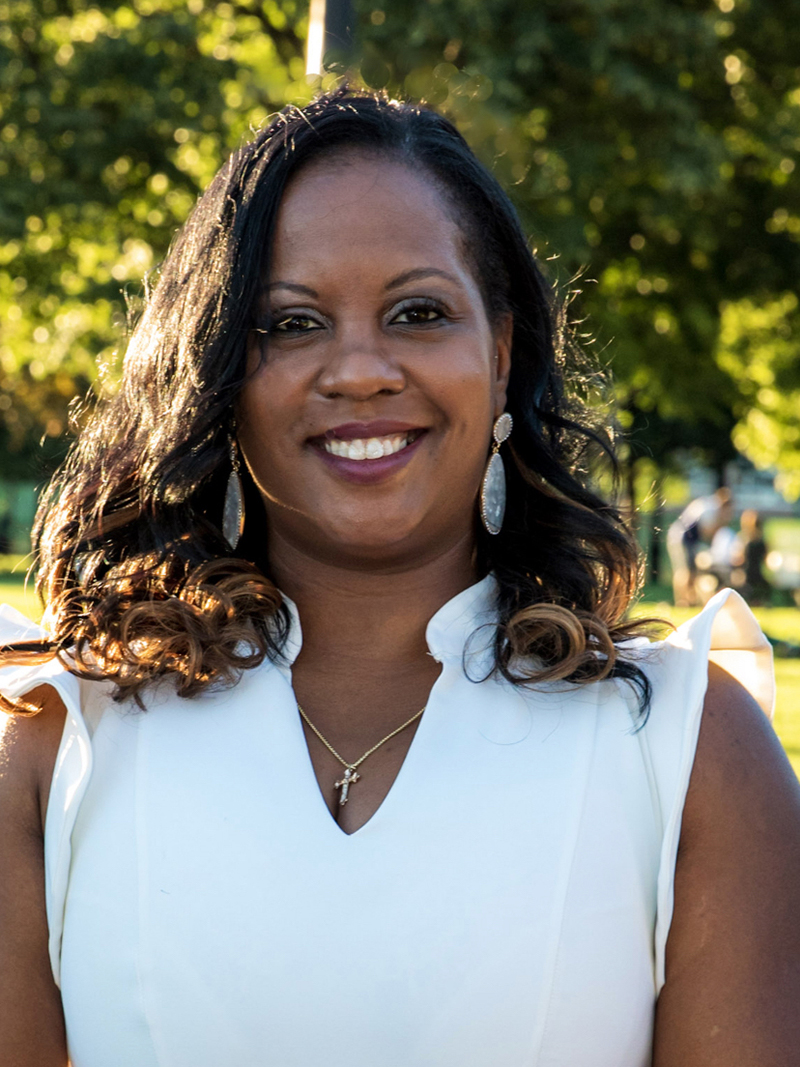
Janelle Ridley
Janelle Ridley is a doctoral candidate in the Economic and Racial Equity concentration. Ridley has dedicated her career to serving youth in the Commonwealth of Massachusetts. She has been a social worker, a teacher, and the founder of Transition HOPE, a program designed to give system-involved youth purpose, pathways, and encouragement.
After a 16-year career serving youth, she is excited to tackle research critically with a goal of finding the next direction for her work and youth services in general. She hopes her time in the doctoral program will “… allow me to think about the direction for HOPE and for the work moving forward. And joining the staff at Heller is exciting because I get to share what I’ve learned over the past 16 years with other young people… sharing the positives, but also the negatives to this work – the joys you get when you know you make an impact, and the burden you carry when you see that these systems are so dysfunctional.” Ridley received her undergraduate degree from Lasell College.
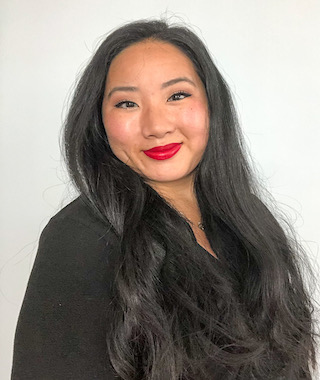
Emily Su Ni Thoman
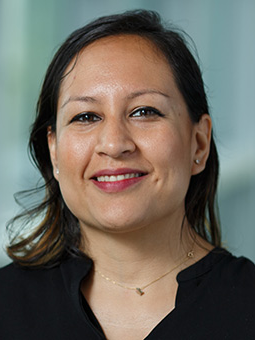
Vilma Uribe
Vilma Uribe is a PhD candidate in the Economic and Racial Equity concentration at The Heller School at Brandeis University. She received an MA in Conflict Resolution and Coexistence from The Heller School at Brandeis University and a BA in Gender, Sexuality, and Feminist Studies and Comparative American Studies from Oberlin College. Vilma currently serves as Director of Policy and Systems Advocacy at REACH Beyond Domestic Violence, where works to address systemic and legislative barriers and to expand the ecosystem of support for survivors of domestic violence. Vilma’s research focus is on policy-based approaches to support the collective economic power of survivors of violence and people of color.
